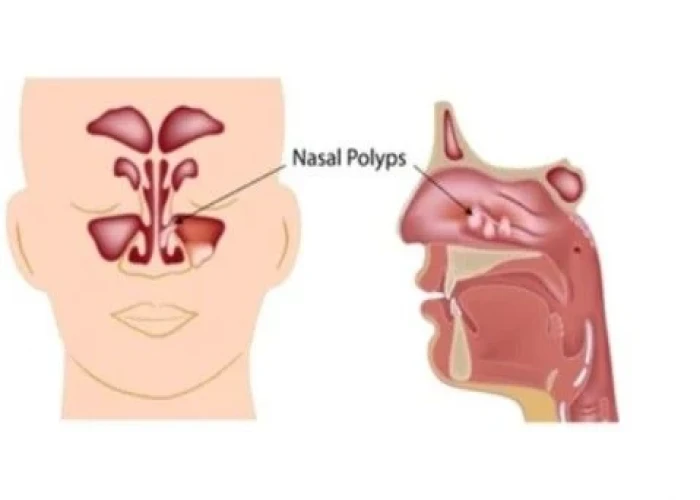 Welcome
Welcome
“May all be happy, may all be healed, may all be at peace and may no one ever suffer."
Nasal polyps
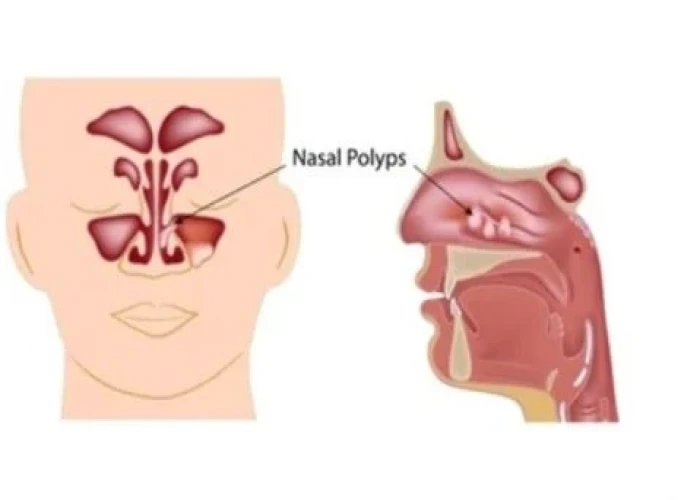
Nasal polyps are soft, painless, noncancerous growths that develop in the lining of the nasal passages and sinuses. They are typically teardrop-shaped and may be gray, yellow, or pink in color. Nasal polyps can vary in size, and may grow singly or in clusters.
The exact cause of nasal polyps is not well understood, but they are thought to be associated with chronic inflammation of the nasal passages and sinuses. Conditions such as allergies, asthma, chronic sinus infections, and cystic fibrosis may increase the risk of developing nasal polyps.
Symptoms of nasal polyps may include nasal congestion, runny nose, facial pain or pressure, snoring, reduced sense of smell or taste, and difficulty breathing through the nose. In some cases, nasal polyps may not cause any symptoms.
Diagnosis of nasal polyps may involve a physical exam of the nasal passages and sinuses, as well as imaging tests such as CT or MRI scans. A biopsy may also be performed to rule out cancerous growths.
Treatment options for nasal polyps may include medications such as corticosteroids to reduce inflammation, antihistamines to manage allergies, and antibiotics to treat infections. In some cases, surgery may be recommended to remove the polyps. Lifestyle changes such as avoiding allergens or irritants and using a humidifier may also help manage symptoms.
While nasal polyps can be uncomfortable and disruptive to daily life, they are typically noncancerous and can be effectively managed with appropriate treatment. It is important for people with nasal polyps to work closely with a healthcare professional to develop a treatment plan that meets their individual needs.
Research Papers
Disease Signs and Symptoms
- Runny nose
- A sense of pressure over forehead and face
- Swollen eye (Conjunctivitis)
- Double vision (diplopia)
- Nose bleeding
- Upper teeth pain
- Headaches
- Facial pain
- Reduced smell and taste
- Smell loss
- A lump in the neck caused by a swollen lymph node
Disease Causes
Nasal polyps
Scientists don't yet fully understand what causes nasal polyps, why some people develop long-term inflammation, or why irritation and swelling (inflammation) triggers polyps to form in some people and not in others. The swelling occurs in the fluid-producing lining (mucous membrane) of your nose and sinuses.
There's some evidence that people who develop polyps have different immune system responses and different chemical markers in their mucous membranes than do those who don't develop polyps.
Nasal polyps can form at any age, but they're most common in young and middle-aged adults.
Nasal polyps may form anywhere in your sinuses or nasal passages, but they appear most often in an area where sinuses near your eyes, nose and cheekbones all drain through winding passages into your nose.
Disease Prevents
Nasal polyps
You may help reduce your chances of developing nasal polyps or having nasal polyps recur after treatment with the following strategies:
- Manage allergies and asthma. Follow your doctor's treatment recommendations. If your symptoms aren't well controlled, talk to your doctor about changing your treatment plan.
- Avoid nasal irritants. As much as possible, avoid breathing airborne substances that are likely to contribute to swelling or irritation in your nose and sinuses, such as allergens, tobacco smoke, chemical fumes, and dust and fine debris.
- Practice good hygiene. Wash your hands regularly and thoroughly. This is one of the best ways to protect against bacterial and viral infections that can cause inflammation of the nasal passages and sinuses.
- Humidify your home. Using a humidifier may help moisten your breathing passages, improve the flow of mucus from your sinuses, and help prevent blockages and inflammation. Clean the humidifier daily to prevent bacteria from growing.
- Use a nasal rinse. Use a saltwater (saline) spray or nasal wash to rinse your nasal passages. This may improve mucus flow and remove allergens and other irritants.
- You can purchase over-the-counter saline sprays or nasal wash kits with devices, such as a neti pot or squeeze bottle, to administer a rinse.
- Use water that's distilled, sterile, previously boiled for one minute and cooled, or filtered using a filter with an absolute pore size of 1 micron or smaller to make up the irrigation solution. Rinse the irrigation device after each use with the distilled, sterile, previously boiled, or filtered water and leave it open to air-dry.
Disease Treatments
Chronic sinusitis, with or without polyps, is a challenging condition to clear up completely.
You'll work with your health care team to develop the appropriate long-term treatment plan to manage your symptoms and to treat factors, such as allergies, that may contribute to chronic swelling (inflammation).
The treatment goal for nasal polyps is to reduce their size or eliminate them. Medications are usually the first approach. Surgery may sometimes be needed, but it may not provide a permanent solution because polyps tend to recur.
Medications
Nasal polyp treatment usually starts with drugs, which can make even large polyps shrink or disappear. Drug treatments may include:
- Nasal corticosteroids. Your doctor is likely to prescribe a corticosteroid nasal spray to reduce swelling and irritation. This treatment may shrink the polyps or eliminate them completely.
- Nasal corticosteroids include fluticasone (Flonase Allergy Relief, Flovent HFA, Xhance), budesonide (Rhinocort), mometasone (Nasonex, Asmanex HFA), triamcinolone (Nasacort Allergy 24HR), beclomethasone (Beconase AQ, Qvar Redihaler, Qnasl) and ciclesonide (Omnaris, Alvesco, Zetonna).
- Oral and injectable corticosteroids. If a nasal corticosteroid isn't effective, your doctor may prescribe an oral corticosteroid, such as prednisone, either alone or in combination with a nasal spray.
- Because oral corticosteroids can cause serious side effects, you usually take them only for a limited period.
- Injectable corticosteroids may be used if nasal polyps are severe.
- Medication to treat nasal polyps and chronic sinusitis. If you have nasal polyps and chronic sinusitis, your doctor may give you an injection of a medication called dupilumab (Dupixent) to treat your condition. This medication may reduce the size of the nasal polyps and lessen congestion.
- Other medications. Your doctor may prescribe drugs to treat conditions that contribute to long-term swelling in your sinuses or nasal passages. These may include antihistamines to treat allergies and antibiotics to treat a chronic or recurring infection.
- Aspirin desensitization, under the care of an allergy specialist with experience in desensitization, may benefit some patients with nasal polyps and aspirin sensitivity. The treatment involves gradually increasing the amount of aspirin you take while under a doctor's care in a hospital or clinic to help your body tolerate taking aspirin long term.
Surgery
If drug treatment doesn't shrink or eliminate nasal polyps, you may need endoscopic surgery to remove polyps and to correct problems with your sinuses that make them prone to inflammation and the development of polyps.
In endoscopic surgery, the surgeon inserts a small tube with a lighted magnifying lens or tiny camera (endoscope) into your nostrils and guides it into your sinus cavities. He or she uses tiny instruments to remove polyps and other substances that block the flow of fluids from your sinuses.
Your surgeon may also enlarge the openings leading from your sinuses to your nasal passages. Endoscopic surgery is usually performed as an outpatient procedure.
After surgery, you'll likely use a corticosteroid nasal spray to help prevent the recurrence of nasal polyps. Your doctor may also recommend the use of a saltwater (saline) rinse to promote healing after surgery.
Potential future treatments
Researchers are studying the role of biologic drugs, including medications that treat severe asthma, in helping reduce nasal polyps and relieve symptoms. Biologics work by targeting specific cells or proteins to reduce irritation and swelling. Early research suggests that the drugs may become options for people whose nasal polyps don't respond to corticosteroids or surgery.
Disease Diagnoses
Disease Allopathic Generics
-
Chlorpheniramine Maleate
For chronic colds due to allergies.
1 pill 3 times a day.
-
Pheniramine Maleate
For chronic colds due to allergies.
1 pill 3 times a day.
-
Promethazine Hydrochloride
For chronic colds due to allergies.
1 pill 3 times a day.
-
Xylometazoline Hydrochloride
Medicines containing xylometazoline hydrochloride to relieve nasal congestion.
2/3 drops 2/3 times a day for 3/4 days.
-
Oxymetazoline Hydrochloride (Nasal Preparation)
Medicines containing xylometazoline hydrochloride to relieve nasal congestion.
2/3 drops 2/3 times a day for 3/4 days.
-
Tropicamide + Phenylephrine Hydrochloride
Medicines containing xylometazoline hydrochloride to relieve nasal congestion.
2/3 drops 2/3 times a day for 3/4 days.
-
Amoxicillin Trihydrate
Medicines containing amoxicillin are understood to be due to growth of mucous membrane inside the nose or polyps.
1 pill day-night 3 times for 7 days.
-
Cephalexin
Medicines containing amoxicillin are understood to be due to the growth of mucous membranes inside the nose or polyps.
1 pill day-night 3 times for 7 days.
-
Diclofenac Sodium
Medicines containing hyclofenac sodium for nasal pain.
1 pill on a full stomach 3 times a day.
-
Paracetamol
Medicines containing hyclofenac sodium for nasal pain.
1 pill 3 times a day.
- Methyl Salicylate + Menthol
Disease Ayurvedic Generics
Disease Homeopathic Generics
Disease yoga
Nasal polyps and Learn More about Diseases
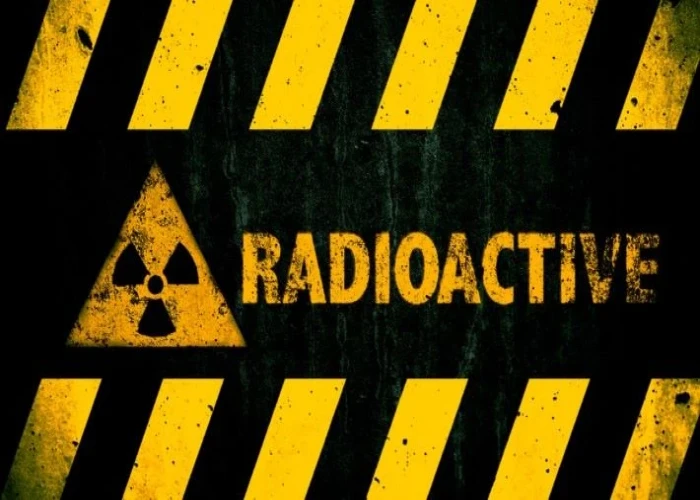
Radiation enteritis
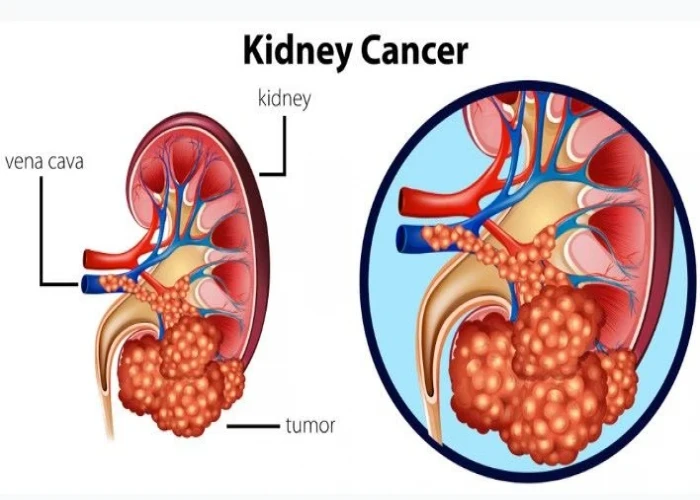
Kidney cancer
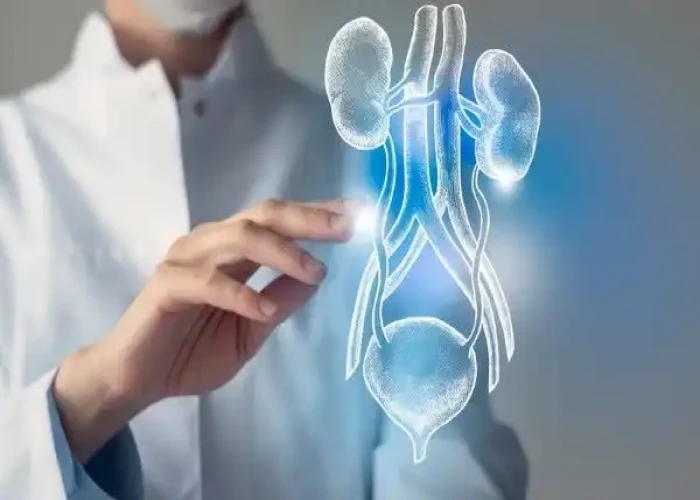
Urethral stricture

Esophageal spasms
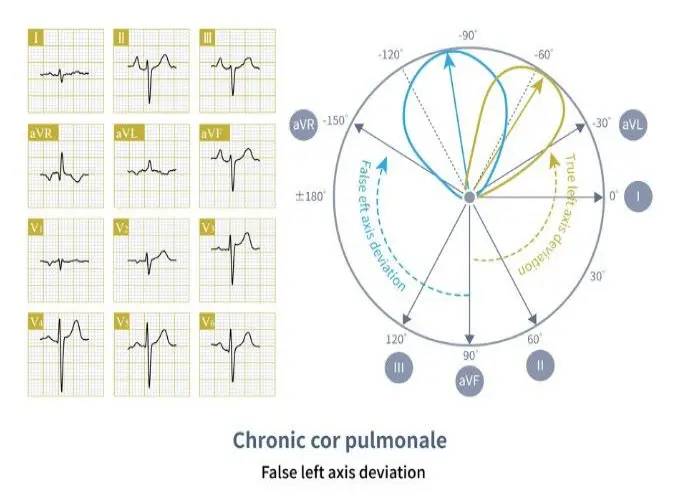
Cor Pulmonale
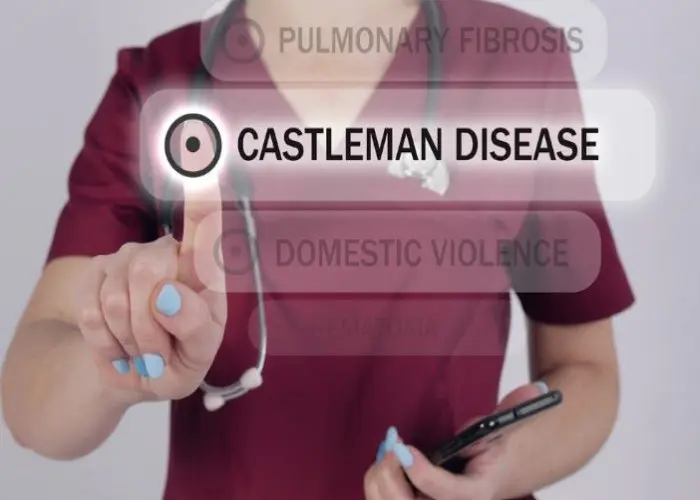
Castleman disease

Shellfish allergy
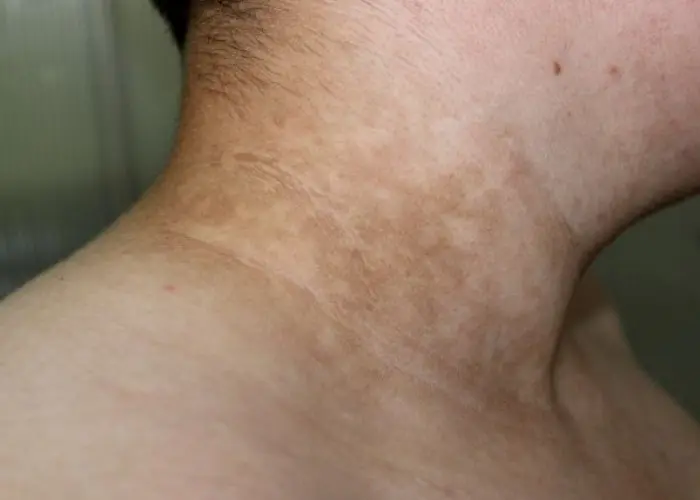
Acanthosis nigricans
nasal polyps, নোসাল পলিপাস
To be happy, beautiful, healthy, wealthy, hale and long-lived stay with DM3S.
